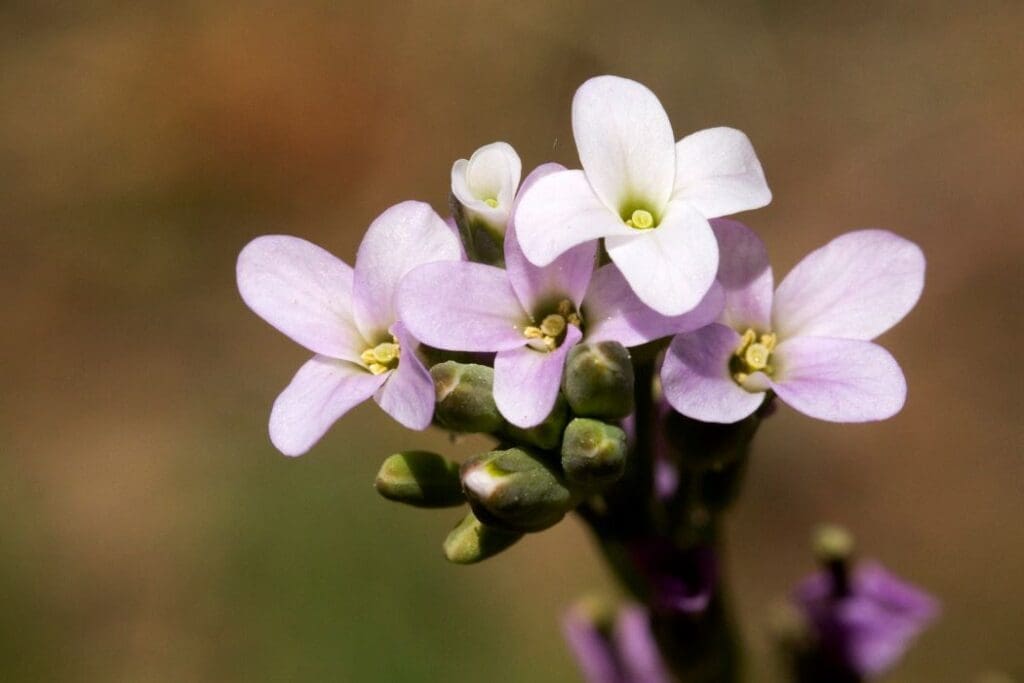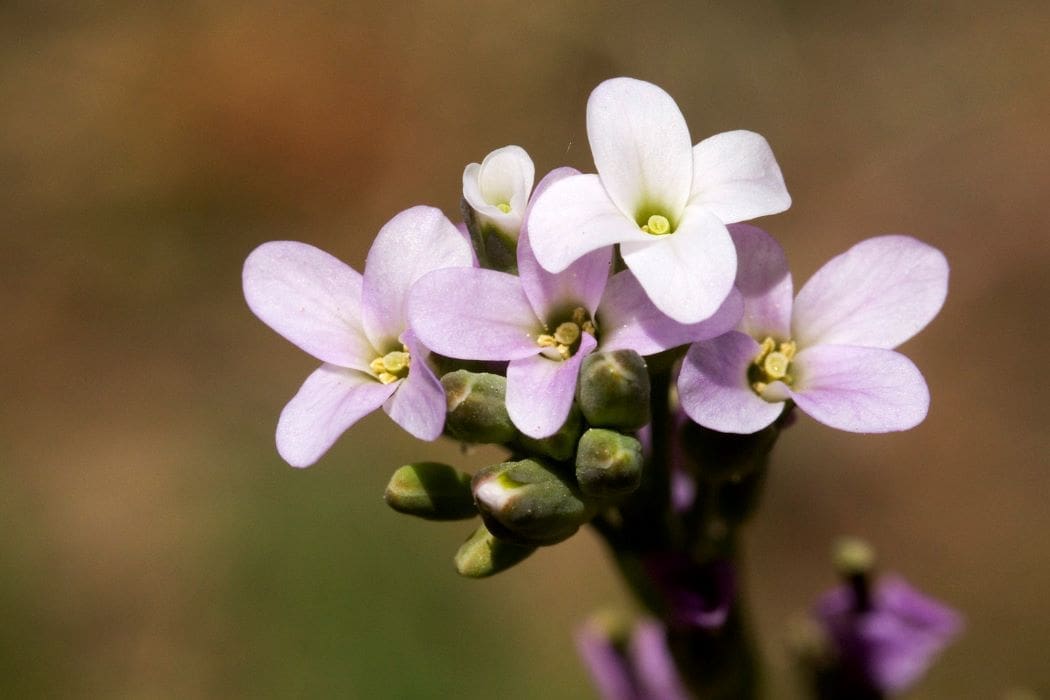Summary:
New research reveals that adaptation and natural gene flow may not be enough to save mountain plants from the accelerating pace of climate change. In a nine-year field study of over 100,000 Drummond’s rockcress (Boechera stricta) plants across the Rocky Mountains, scientists tracked how local populations responded to changing conditions. Despite being widely distributed, each population of this short-lived mustard-family plant is finely adapted to specific local climates, making them vulnerable as temperatures rise and snow patterns shift.
The study, published in Science, combined genomic data with long-term demographic and fitness data from 115 source populations planted at five different sites. Researchers modeled plant responses under past, present, and projected climate conditions and found that gene flow was often too limited to provide the genetic diversity needed for evolutionary rescue. Particularly troubling is the downhill direction of natural gene flow, which prevents pre-adapted high-elevation populations from receiving helpful genetic input as warming climbs upslope.
Conservation approaches like assisted gene flow – where individuals are moved to areas where their traits may improve survival – could help, but require careful planning. As models that ignore evolutionary processes may overestimate species’ resilience, this work emphasizes the need to rethink how future survival is projected in a warming world.

Adaptation and sluggish gene flow cannot save mountain plants from climate change
New findings challenge assumptions about species’ ability to persist under climate change. Following a nine-year study of over 100,000 individual Drummond’s rockcress plants – a common plant found in mountains across North America – researchers reveal that climate change is outpacing natural gene flow, threatening population survival even within a broadly distributed plant species’ native range.
The findings highlight the potential role of assisted gene flow in plant conservation. Climate change is rapidly altering where species can survive and thrive. While many plant and animal species span broad geographic areas, their populations are often finely tuned to the specific climate of their local environments. This local adaptation means each population may tolerate only a narrow slice of the climate conditions the full species can endure.
Evolutionary processes, including genetic variation, rapid adaptation, and gene flow, have the potential to dramatically alter population persistence under climate change – a process known as evolutionary rescue. However, these factors are rarely integrated into ecological models that predict how species will respond to climate change.
Using Drummond’s rockcress (Boechera stricta), a widely-distributed, short-lived mountain plant in the mustard family, Jill Anderson and colleagues investigated how plants may adapt – or not – to a rapidly changing climate.
In a nine-year-long field experiment in Colorado, Anderson et al. planted more than 102,000 individual plants across a range of elevations and manipulated snowpack to mimic climate variation. By integrating the genomic and fitness data into evolutionary demographic models under preindustrial, current, and projected climates, the authors found that climate change increases extinction risk for locally adapted populations by eroding their genetic advantages and outpacing natural gene flow. This was true across all elevations and not just at the warmest range edges.
According to the findings, the direction of gene flow in adapting species is crucial. For example, in some mountain species, gene flow predominantly moves downhill, which may hinder the ability of populations to adapt to warming conditions at higher elevations. Compounding this challenge, the pace of climate change is outstripping the capacity of many species to shift their ranges upslope.
Anderson et al. note that assisted gene flow – deliberately moving pre-adapted individuals to new locations – could help maintain genetic diversity and species persistence but must be carefully managed.
“The lessons from Anderson et al. are sobering with respect to the ability of natural populations to adapt to, and persist under, rapid global warming,” writes Sally Aitkin in a related Perspective. “Although the capacity for persistence will vary among species and with life history traits, populations cannot persist simply because their locations remain within the overall range of climatic tolerances for that species as a whole.”
Journal Reference:
Jill T. Anderson, Megan L. DeMarche, Derek A. Denney, Ian Breckheimer, James Santangelo and Susana M. Wadgymar, ‘Adaptation and gene flow are insufficient to rescue a montane plant under climate change’, Science 388, 6746, 525-531 (2025). DOI: 10.1126/science.adr1010
Article Source:
Press Release/Material by Walter Beckwith | American Association for the Advancement of Science (AAAS)
Featured image credit: Cecelia Alexander | Flickr | CC0




